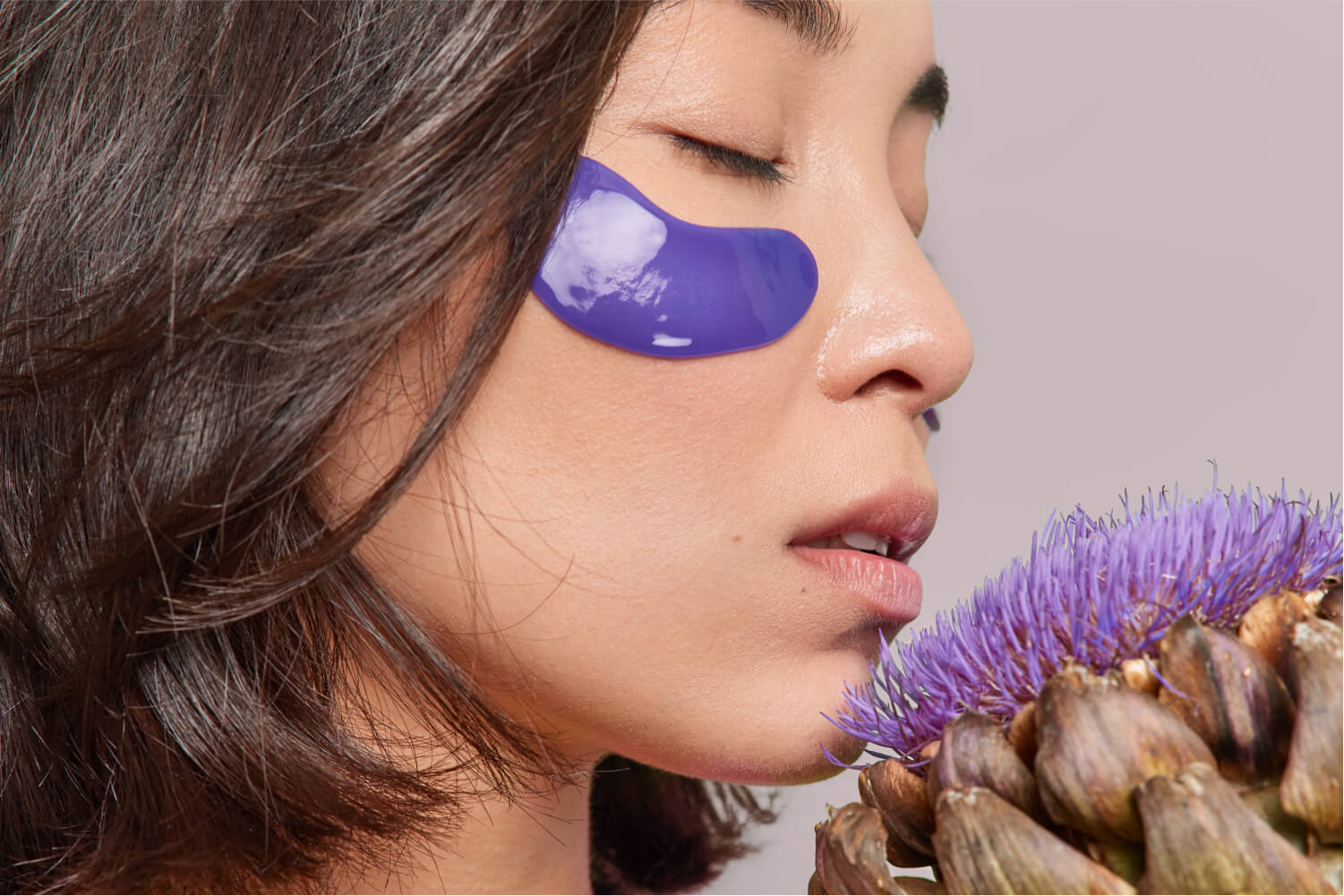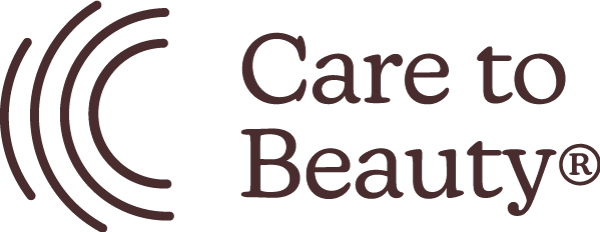
With so many skincare ingredients to choose from, you may struggle to find the best ingredients to add to your routine. In order to help you, we’ve built a little skincare ingredient dictionary: scroll down, find the ingredient you’re curious about, and take a deep dive!
Azelaic acid
Azelaic acid is an exfoliant–but it’s not an AHA or BHA. It’s also got antibacterial, anti-inflammatory, and skin brightening properties, which make it ideal to fight dark spots and hyperpigmentation.
Bakuchiol
Bakuchiol is a plant extract. Often known as “the natural alternative to retinol”, bakuchiol has anti-aging and anti-acne properties but a lower likelihood of causing irritation.
Centella asiatica
Centella asiatica, Gotu Kola, or tiger grass is a plant with a long history in traditional medicine. It is better known for its soothing and repairing effect.
Ferulic acid
Ferulic acid is a natural antioxidant, usually found in plants. It fights off free radicals and boosts the effectiveness of other antioxidants–specifically, vitamins C and E.
Glycolic acid
Glycolic acid is an AHA often used in anti-aging skincare products. It’s got exfoliating, anti-aging, and skin refining properties. It may also be used in anti-dark spot routines.
Hyaluronic acid
Hyaluronic acid is one of the pillars of our skin’s structure. One single molecule of hyaluronic acid can hold up to 1.000 times its weight in water. It proves an hydrating and wrinkle-filling effect.
Kojic acid
Kojic acid is a naturally sourced ingredient. It can help inhibit melanin formation, which is particularly helpful to people who are struggling with dark spots, melasma, ou post-inflammatory hyperpigmentation (PIH).
Niacinamide
Niacinamide, also known as vitamin B3, nicotinamide, or vitamin PP, is a is a water-soluble vitamin. It has 4 main skin benefits: it’s anti-aging, skin-brightening, soothing and repairing, and acne-fighting.
Peptides
Peptides are short chains of amino acids. By penetrating into the skin, peptides can stimulate the production of collagen and elastin, and therefore promote firmer, more elastic skin.
Retinol
Retinol is a form of vitamin A that features in many skincare products for its anti-aging, anti-dark spots, and anti-acne benefits. It’s often regarded as the star active in fighting skin aging.
Tranexamic acid
Tranexamic acid is a synthetic derivative of an amino acid called lysine. It can help improve the appearance of melasma and other hyperpigmentation disorders, like post-inflammatory hyperpigmentation (PIH).
Vitamin C
Vitamin C is a water-soluble vitamin often considered to be a skincare essential. Its benefits for the skin are threefold: it’s a powerful antioxidant, it brightens the skin, and it boosts collagen production.
We hope you’re enjoyed a read through of our skincare ingredient dictionary. Now that you’ve read up on your favorite skincare ingredient, you’re all ready to add it to your skincare routine. Make sure to drop by the shop and find your new skincare essential!
Beauty Writer & Editor


